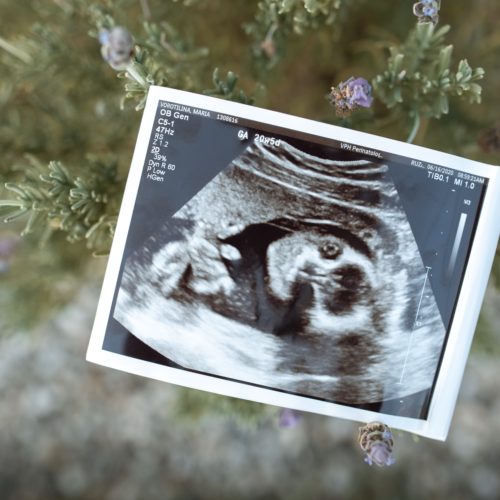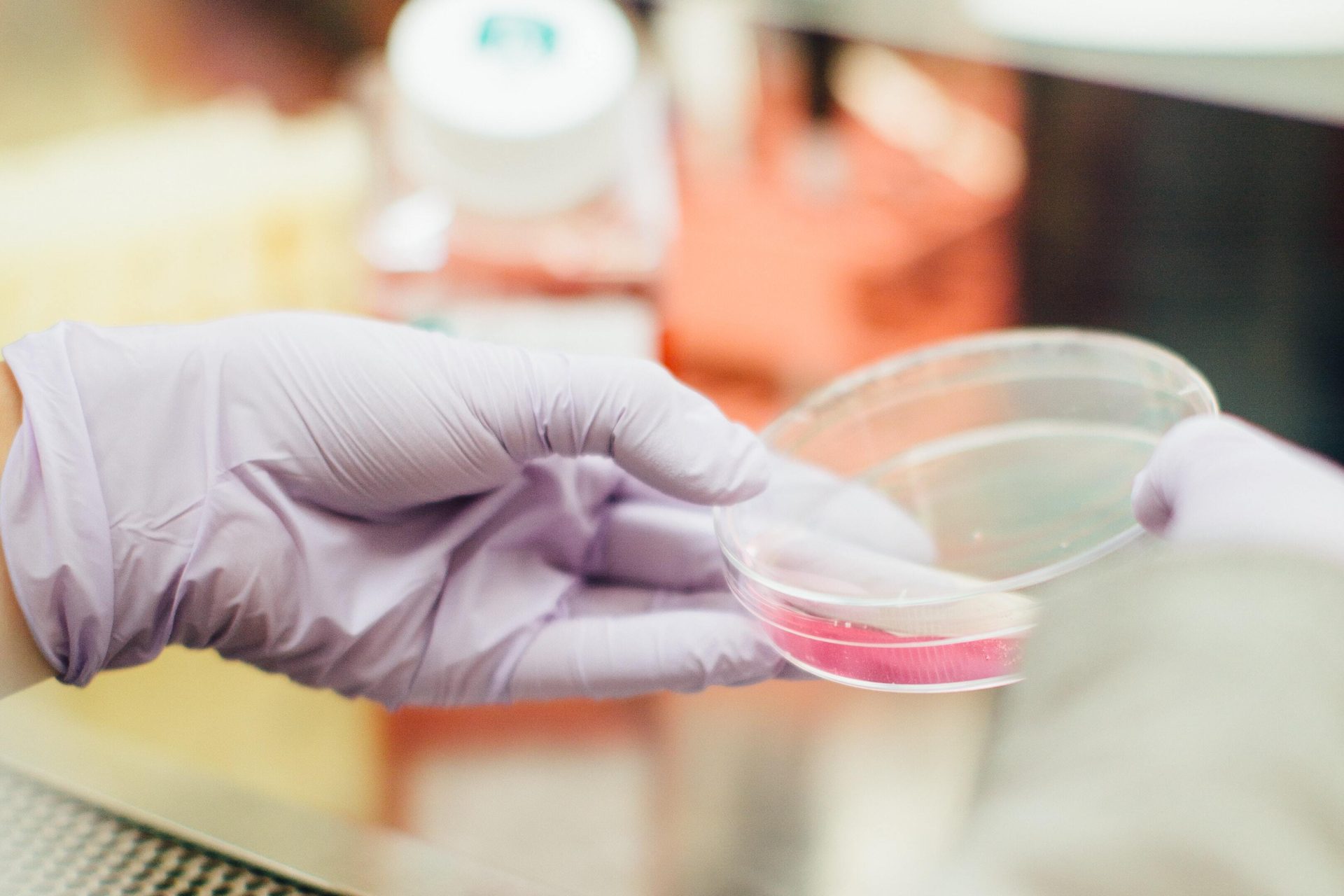In the second part of the Waves of Knowing series, Sara Cohen, fertility lawyer at D2Law LLP, explains the legislation surrounding egg donation in Canada. CJRU also speaks with Professor Alana Cattapan, an Assistant Professor and Canada Research Chair in the Politics of Reproduction in the Department of Political Science at the University of Waterloo. Cattapan provides analysis of the impact of egg donation on both donors and parents.
Cohen explains that the Assisted Human Reproduction Act (2004) makes it illegal to purchase donor eggs in Canada. However, donors can be reimbursed for the expenses incurred.
The parent(s) either receives donor eggs through altruistic donation or purchases from egg banks in the United States, which own the eggs outright. Donor banks in the United States compensate donors which incentivizes egg donation.
Cohen states that Canadians “cannot find [donors] in Canada who are representative of their heritage. They try to import from the United States and those populations don’t look identical.”

Cattapan explains that the push towards eliminating clauses on commercialization eggs and sperm, also known as gametes, create new problems.
“Without regulation of that payment or regulation of those relationships between surrogates or donors and agencies that engage with them and the families, I think that we’re actually creating a bigger problem by having unregulated payment,” says Cattapan.
The greater issue than compensating egg donors, Cattapan argues, are the unknown negative health outcomes donors may face. Ovarian stimulation serves to increase egg yield. This stimulation leads to far beyond the regular one, or perhaps two, eggs per menstrual cycle. If there are more than 20 eggs, donors may experience ovarian hyperstimulation syndrome.
“There’s mild, medium, extreme forms of [ovarian hyperstimulation syndrome]. But when it’s severe, it can cause infertility, kidney failure, respiratory distress, blood clots and stroke, and death in some cases, although the statistics on this are unclear,” Cattapan says.
Understanding the true cost of egg donation will require further studies.
To learn more, listen to the CJRU interview below. This story is the second in a four-part series centred on women’s reproductive health and family planning.









